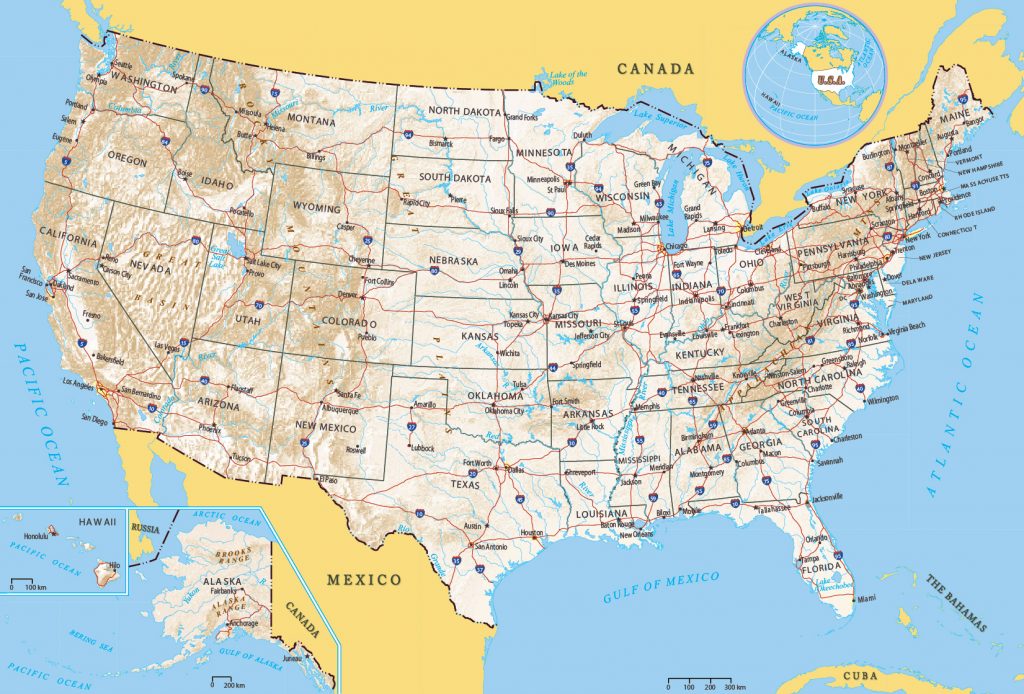
Every nation has divisive issues. While most are perennials, over time new issues gain salience as others fade. At times of rising political and social tensions, such as the US since 1990, divisive issues multiply and take on a sharper edge.
If we wish to cope with these issues or even resolve some of them, it is useful to have a shared understanding of what they are
Tags: abortion, Affirmative Action, American, American politics, divisive issues, gun control, health care, immigration, military spending, police conduct, reparations
 American history contains two outstanding wrongs committed against groups of us: the killing, displacement, and mistreatment of Native Americans and the subjection of African Americans to slavery and ongoing discrimination. Various thinkers have suggested kinds of reparations for these acts; but views differ sharply on whether reparations are justified, who should pay them, who should receive them, and what amount is fair and feasible. Instead of serving to heal our country, reparations have become one more divisive issue.
American history contains two outstanding wrongs committed against groups of us: the killing, displacement, and mistreatment of Native Americans and the subjection of African Americans to slavery and ongoing discrimination. Various thinkers have suggested kinds of reparations for these acts; but views differ sharply on whether reparations are justified, who should pay them, who should receive them, and what amount is fair and feasible. Instead of serving to heal our country, reparations have become one more divisive issue.
Yet reparations offer an alluring vision: via a concrete but also symbolic national gesture, we could take a major step toward healing wounds, overcoming the past, and moving together into the future. They could counteract the negativity of partisan politics and lead to a happier multiethnic and multiracial society. So we need to think through how to bring Americans to comprehend and support a plan for reparations that will help us flourish as a united people.
Fortunately, a related issue affords us an excellent opportunity
Tags: Affirmative Action, African Americans, American history, Blacks, early intervention, Indians, Native Americans, poverty, reparations, US politics


 American history contains two outstanding wrongs committed against groups of us: the killing, displacement, and mistreatment of Native Americans and the subjection of African Americans to slavery and ongoing discrimination. Various thinkers have suggested kinds of reparations for these acts; but views differ sharply on whether reparations are justified, who should pay them, who should receive them, and what amount is fair and feasible. Instead of serving to heal our country, reparations have become one more divisive issue.
American history contains two outstanding wrongs committed against groups of us: the killing, displacement, and mistreatment of Native Americans and the subjection of African Americans to slavery and ongoing discrimination. Various thinkers have suggested kinds of reparations for these acts; but views differ sharply on whether reparations are justified, who should pay them, who should receive them, and what amount is fair and feasible. Instead of serving to heal our country, reparations have become one more divisive issue.